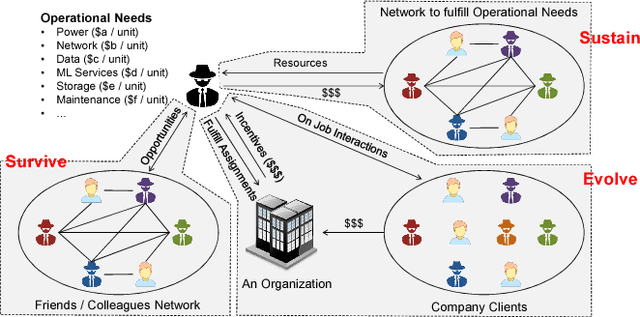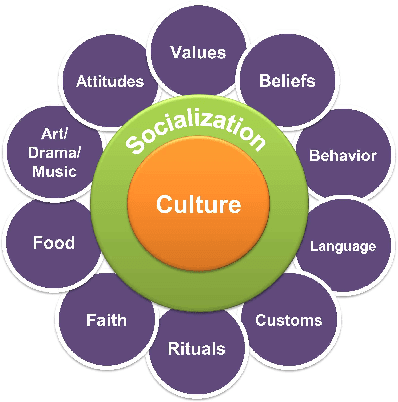Ritwik Chaudhuri
A Framework for Testing and Adapting REST APIs as LLM Tools
Apr 22, 2025Abstract:Large Language Models (LLMs) are enabling autonomous agents to perform complex workflows using external tools or functions, often provided via REST APIs in enterprise systems. However, directly utilizing these APIs as tools poses challenges due to their complex input schemas, elaborate responses, and often ambiguous documentation. Current benchmarks for tool testing do not adequately address these complexities, leading to a critical gap in evaluating API readiness for agent-driven automation. In this work, we present a novel testing framework aimed at evaluating and enhancing the readiness of REST APIs to function as tools for LLM-based agents. Our framework transforms apis as tools, generates comprehensive test cases for the APIs, translates tests cases into natural language instructions suitable for agents, enriches tool definitions and evaluates the agent's ability t correctly invoke the API and process its inputs and responses. To provide actionable insights, we analyze the outcomes of 750 test cases, presenting a detailed taxonomy of errors, including input misinterpretation, output handling inconsistencies, and schema mismatches. Additionally, we classify these test cases to streamline debugging and refinement of tool integrations. This work offers a foundational step toward enabling enterprise APIs as tools, improving their usability in agent-based applications.
Cogniculture: Towards a Better Human-Machine Co-evolution
Dec 11, 2017


Abstract:Research in Artificial Intelligence is breaking technology barriers every day. New algorithms and high performance computing are making things possible which we could only have imagined earlier. Though the enhancements in AI are making life easier for human beings day by day, there is constant fear that AI based systems will pose a threat to humanity. People in AI community have diverse set of opinions regarding the pros and cons of AI mimicking human behavior. Instead of worrying about AI advancements, we propose a novel idea of cognitive agents, including both human and machines, living together in a complex adaptive ecosystem, collaborating on human computation for producing essential social goods while promoting sustenance, survival and evolution of the agents' life cycle. We highlight several research challenges and technology barriers in achieving this goal. We propose a governance mechanism around this ecosystem to ensure ethical behaviors of all cognitive agents. Along with a novel set of use-cases of Cogniculture, we discuss the road map ahead for this journey.
 Add to Chrome
Add to Chrome Add to Firefox
Add to Firefox Add to Edge
Add to Edge